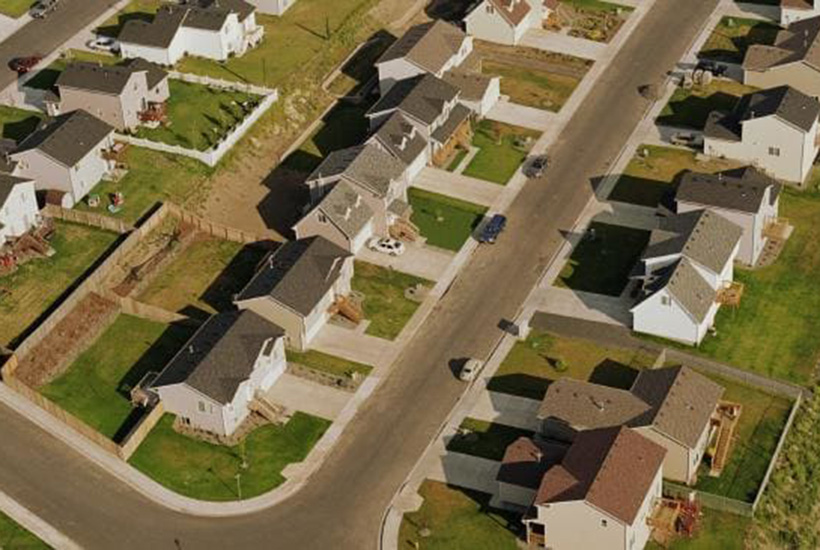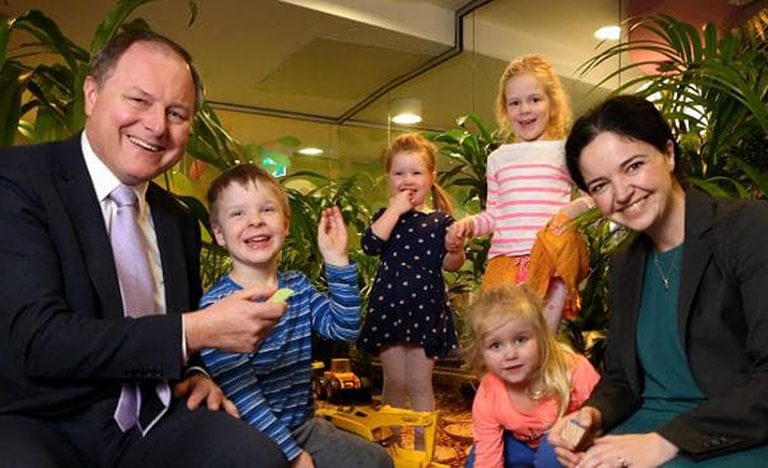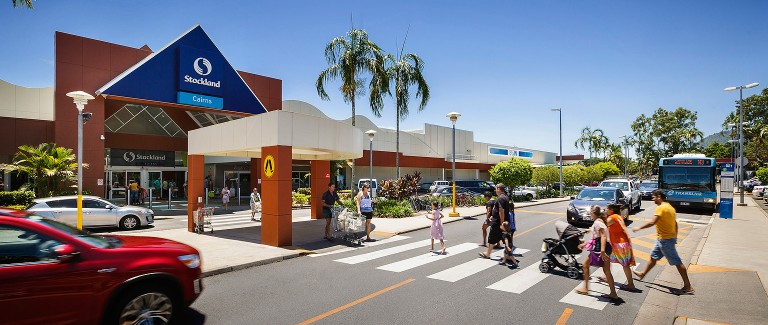Stockland and Mirvac offload land sites

Australia’s top listed residential developers, Stockland and Mirvac, are trimming their land holdings in Melbourne and Sydney amid the prospect of slowing sales.
Stockland is offering The Grove Estate in the western Melbourne suburb of Tarneit to select developers and Mirvac is selling a prime site at Ingleside on Sydney’s northern beaches, although this move is being driven by planning.
The pair have insisted that residential sales remain on track for the financial year, but Stockland said sales in the first quarter at its residential estate had slowed.
Commercial Insights: Subscribe to receive the latest news and updates
The companies say they are now targeting the first homebuyer market, but they have been buffeted by fears about tighter credit requirements and the ALP’s proposed negative gearing policy and capital gains tax changes.
The auction market has also weakened this year, with clearance rates falling from the low 60% range to trend below 50% this year, according to CoreLogic.
Stockland is understood to have price expectations of about $150 million to $170 million for The Grove, a 234ha community about 31km west of the Melbourne CBD. Stockland gives the estate a $680 million total end project value.
When complete, the project is expected to include more than 2500 homes, alongside a supermarket, specialty stores, primary and secondary schools, a community centre and retirement village. Agents on the deal are Biggin and Scott Land’s Frank Nagle and Andrew Egan, with Peter Sagar and Paul Callaghan.
UBS analysts Grant McCasker and James Druce have a sell recommendation on Stockland and this week warned about the company’s deteriorating funds from operations growth profile.
They expect growth to slump to a range of a 0 to 1% fall in fiscal years 2020 and 2021, as deteriorating volumes more than offset market share gains, price growth and embedded margins.
Stockland’s contracts on hand remain high at 5741 and it is guiding to more than 6000 settlements this year, but it had only 1030 settlements in the first quarter, which UBS said meant this target may be at risk.
Shaw & Partners analyst Peter Zuk has a buy on the stock and says “negative market sentiment” is weighing heavily on Stockland’s share price due to its exposure to the retail, residential and retirement sectors.
CLSA analyst Sholto Maconochie says Stockland has a good residential business, but warns there was a risk to its volumes as prices fell. Stockland has flagged a switch to medium density and townhouse-style products that generate higher margins, but the shift will take time.
“Given medium density is in its infancy, with limited contracts carried over to fiscal 2020, expectations of further declines in house prices with weak auction clearance rates and lower net deposits, we have reduced our land settlement assumptions by 3.8% in fiscal 2020 and 7.5% in fiscal 2021-22, with town homes unchanged,” he says.
Mirvac, meanwhile, has tapped CBRE to sell the Ingleside parcel ahead of the NSW government releasing plans for the area.
The developer is understood to be exiting partly due to the uncertainty around the site.
Mirvac picked up the property for about $10 million three years ago and optioned up surrounding sites but now seems unlikely to proceed.
This article originally appeared on www.theaustralian.com.au/property.







